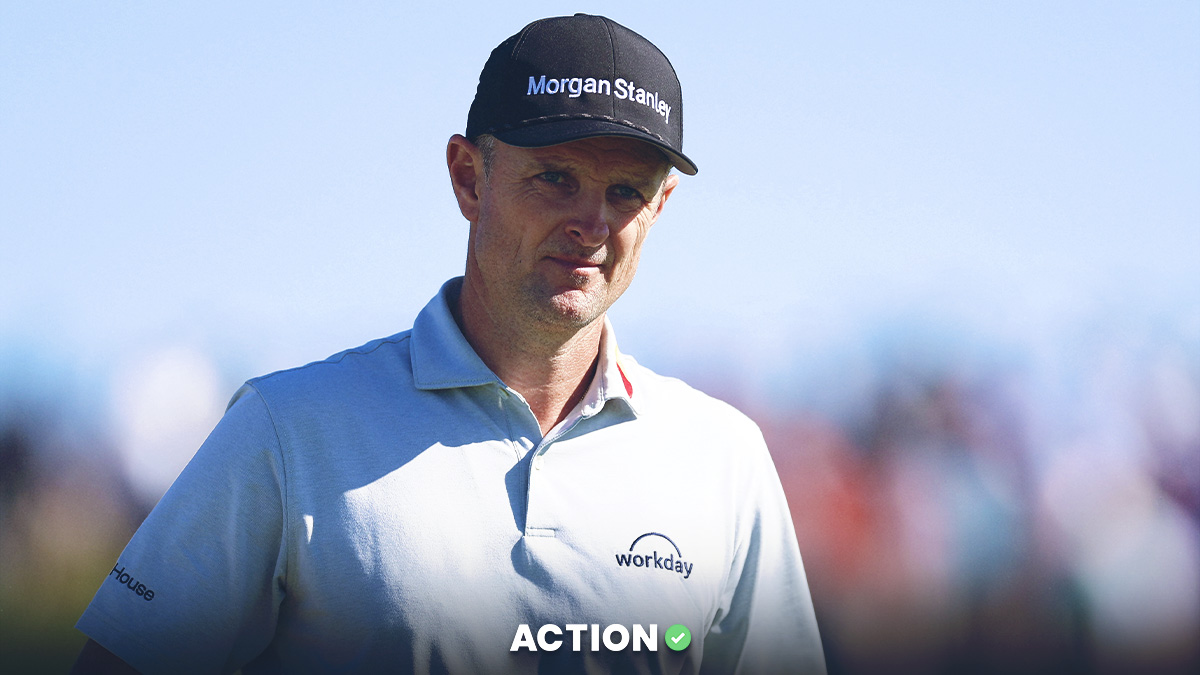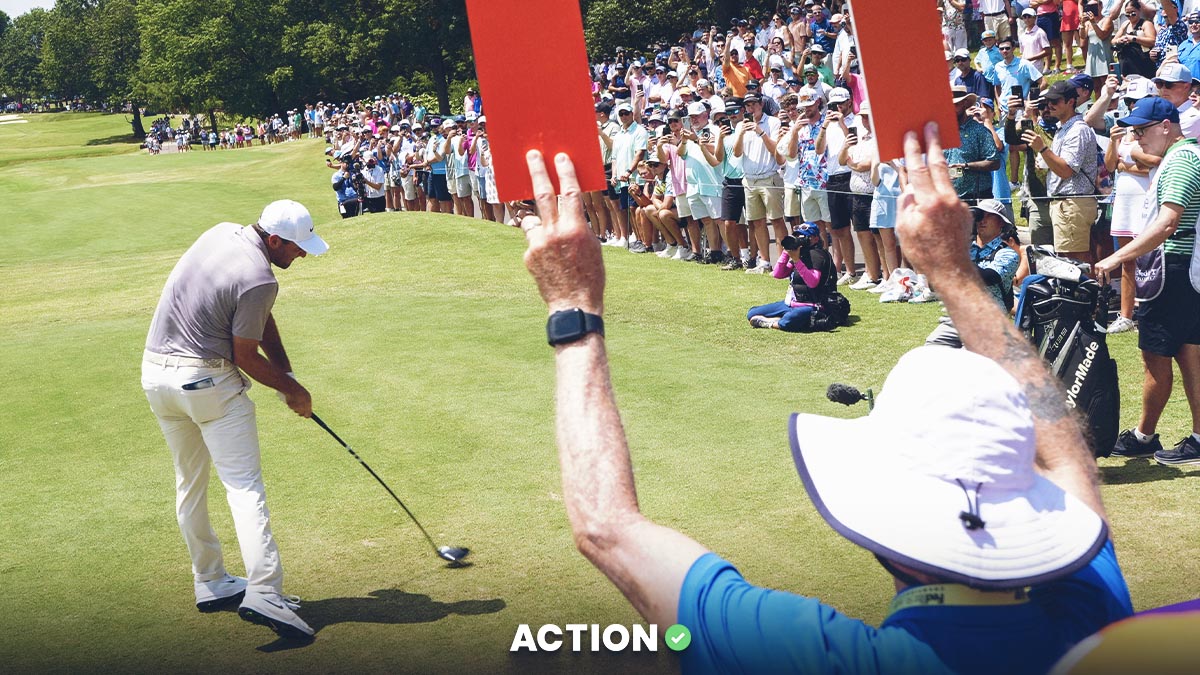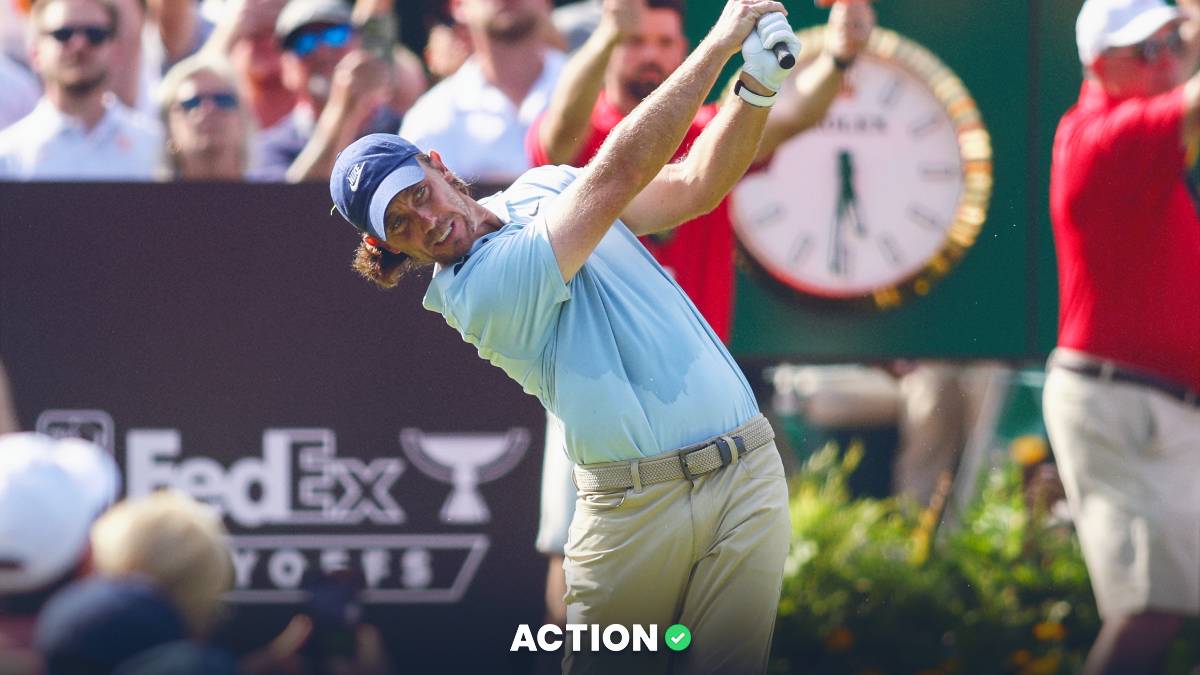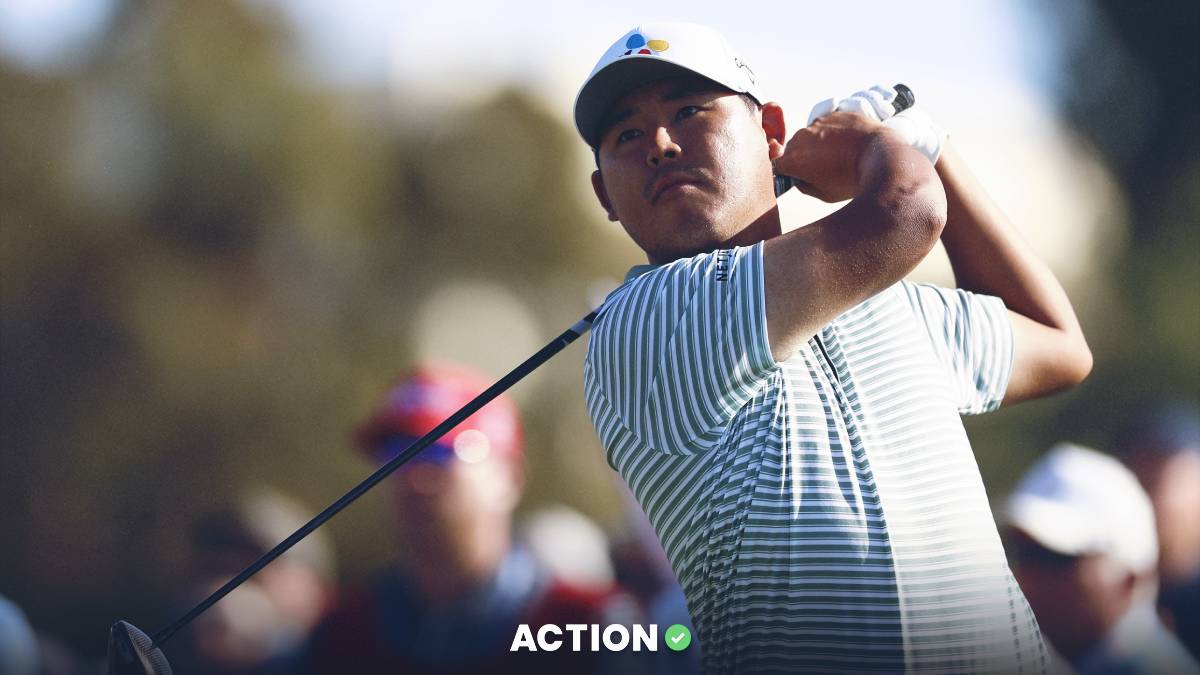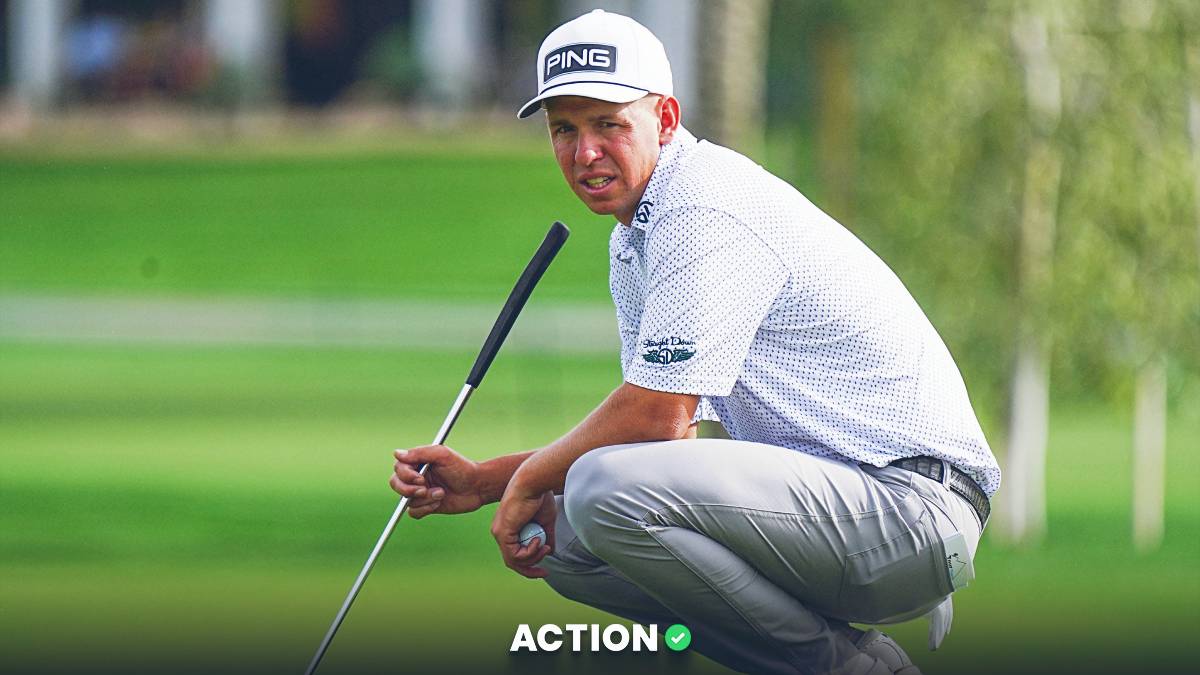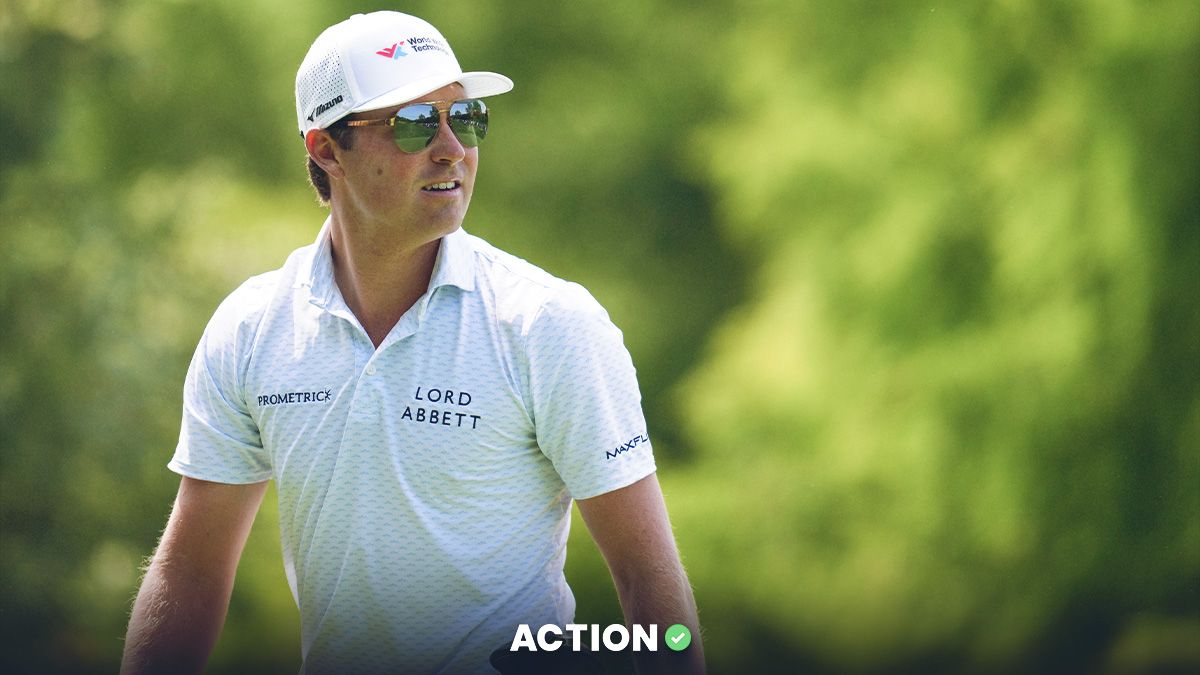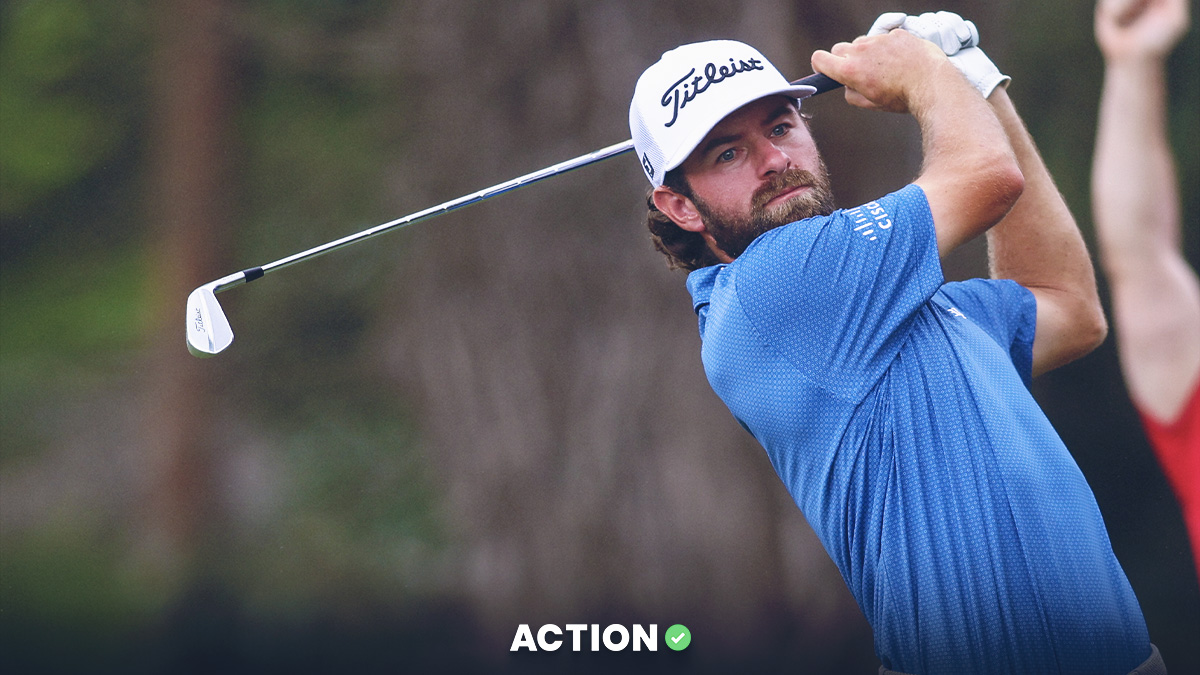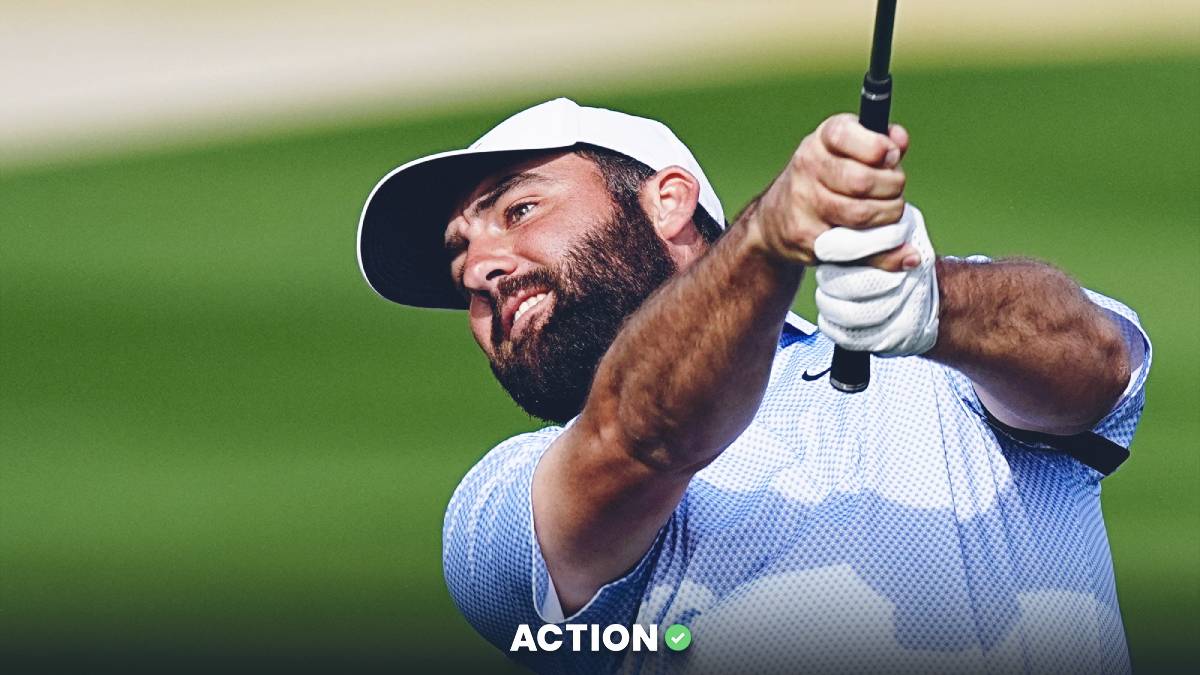Professional golf is on hold during the coronavirus outbreak, but according to experts, you can still play the game safely if you follow some crucial guidelines. And if you're sticking a tee in the ground, you should most certainly have some friendly action, as well, right? Let's take a look at my favorite betting game…
Everyone has a favorite golf betting game. Mine is called Amigos and it’s better than yours. Just trust me on this.
I’ve played everything from Bingo, Bongo, Bango to Wolfhammer. I’ve played friendly matches without presses and matches with so much action that the scorecard winds up looking like a piece of abstract art.
Amigos, though, is easy my fave. It’s fun, equitable and yes, you can lose your ass.
My buddy Matt Carroll, who’s played the MENA Tour and other circuits around the world, brought the game to our home course, West Orange Country Club in Winter Garden, Fla., last year.
The first time we played, with Matty going over the rules and the rest of us barely listening, he suggested we keep it peaceful and play for 25 cents per point. I thought, A quarter?! Come on, man. I don’t even mark my ball with anything less than a half-dollar.
Bad idea. As you’ll soon find out, the points can add up. They can get doubled or tripled or quadrupled. And if you lose, you’ll be paying a lot more than one other person.
Play for more, at least at the start, and your amigos are likely to become your enemigos by the end of the round.
Just a few weeks ago, I had five other golf writers join me on Saturday morning of the Arnold Palmer Invitational, with the only provision being that they were going to be indoctrinated into this game – and they were gonna like it, dammit.
End result? They either loved it or they lied about it.
We’ll ordinarily play in a group that runs the gamut from professional golfers to high-handicaps. While it always helps to play better than worse, this is a nondiscriminatory game that can still reward players simply for being in the right place at the right time.
OK, enough with the adoration for Amigos. Let’s get to the rules of the game.
- This is a game that can be played with four players, or five, or six, or seven, or eight, or more, depending on the flexibility of your local starter (and how much social distancing you’re trying to practice at the given time).
- Every player tees off, in specified order. Keep that same order throughout the round. If you’re playing in a fivesome, it’ll be 1-2-3-4-5 off the first tee, 2-3-4-5-1 off the second, and so on. This is important, because it will be advantageous to go later in the order at times, so this way everyone gets the same number of at-bats in each spot in the order.
- After all drives are hit, the teams are created for that hole based on where everyone’s ball winds up. Let’s say it’s a foursome: The two balls furthest left are one team, the two furthest right are another. (In an odd-numbered group, the extra player is on the left team on odd-numbered holes and the even team on even-numbered holes.) For any close calls, we use the 150 marker and the flagstick to determine an imaginary line, then count ‘em off from there.
- (Remember what I wrote about having an advantage later in the lineup? Let’s say two players hook their tee shots OB. If you’re last in the order, you’re suddenly giving it your best don’t-go-left swing.)
- From there, play your own ball as you always would. The two best net scores for each team form your total score. For instance, if your team has a net 4 and net 5, your score is 45. (With odd-numbered groups, just drop the highest score.) We then use Vegas scoring to determine the point differential between your score and the other team’s score. If you have 45 and the other team has 56, your entire team collects 11 points on that hole. If you’re playing for a quarter, you’re up (or down) $2.75 after that hole; if you’re playing for a dollar, it’s obviously $11. (But hang on: You’ll soon find out it’s really more than that…)
- Gross birdies – not net birdies – flip the opposing score. So, in this scenario, if you have 45 on a par-5 with the 4 being a gross birdie and the other team has 56, their score flips to 65 and you collect 20 points. Eagles flip and double the total. Which means a 35 on a par-5 (with the 3 being the gross score) against a 56 flips that score to 65, then doubles the total, meaning a 60-point haul for the hole.
- Optional: Let’s call this our Elam Ending for the Amigos game. If you’re playing with five players, tally all scores through 13 holes. With five holes remaining, the player with the lowest point total can choose to play that hole for the usual amount, or he can double, triple or quadruple. Players then tee off in the order of most points to fewest, giving an advantage to the one at the bottom of the board. On the next hole, tally up the points again and offer the same option to the low man. Things can change in a hurry.
- Once you finish up, count up all the points. If your pencil isn’t an inch shorter after writing all these numbers on the card, you’re probably doing it wrong. But here’s the real kicker – and the reason why I hinted earlier that you’ll owe more than you think: Everybody pays up the ladder. For instance, in a five-player game, the player in 5th place pays the players in 4th, 3rd, 2nd and 1st the differential between his score and theirs; the player in 4th place pays those in 3rd, 2nd and 1st.
Here’s a sample end total, based on 25 cents per point:
- Player A: 300 points
- Player B: 260 points
- Player C: 200 points
- Player D: 160 points
- Player E: 100 points
In this scenario, Player E would owe $15 to Player D, $25 to Player C, $40 to Player B and $50 to Player A; Player D would owe $10 to Player C, $25 to Player B and $35 to Player A; Player C would owe $15 to Player B and $25 to Player A; and Player B would owe $10 to Player A. Add it all up and Player A would be the big winner with $110 and Player E is the big loser, owing $130. (Told you that playing quarter-per-point isn’t as little as it sounds.)
- One more word of caution: At one point, as if this wasn’t enough action to keep us all interested, I suggested that we count all three scores for each team in a six-man game. We’d play for 10 cents per point and have scores of 345 to 456 on each hole. I’d call this the upper-level Amigos class, for seasoned (and perhaps, stupid) players only. Not only does it get expensive, but you’ll have smoke coming out of your phone trying to calculate everything after the round.
As for the game itself, it all sounds way more complicated than it really is. The first time new players jump in, we usually spend five minutes explaining the rules on the first tee and by the second hole, everyone understands ‘em.
So, there you go: Amigos, my favorite golf betting game – and now, with these guidelines at your disposal, it’ll be your favorite, too.
I’m not completely closed-minded, though.
I know there are some great gambling games out there, so let’s see ‘em. Write up your favorite game, with enough rules and details that other golfers can clip and save, send it along to mailbag@actionnetwork.com, and we'll run the best ones in a separate article.
Have fun, Amigos.





